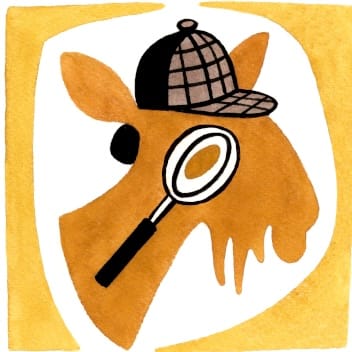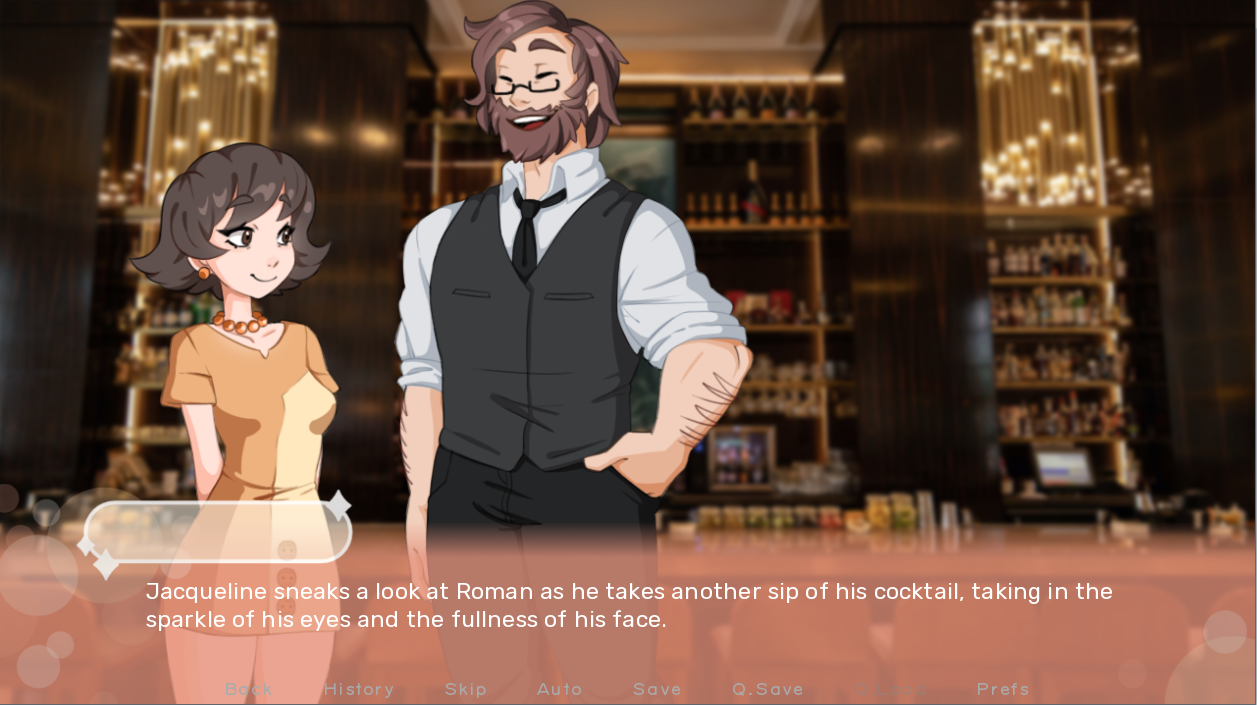As many of you know, I've been writing a 'straight' romance novel since June.[1] I know it's an unusual genre for me, given that I'm known for Marxist poetry about ecosystem collapse, but I've found that it's an interesting format for exploring themes of insecurity and the mental models we form of other people. I've read my share of romance novels in my time, and more so recently as I try to learn from the best what makes a good romance novel. I also have a lot of experience weeding romance novels, which has given me some familiarity with common tropes and subgenres.
Something I have noticed is that romance novels often are just as much about the fantasy of having money as they are about the fantasy of falling in love. There is something powerfully erotic about money in the American collective unconscious. When I realized this commonality, I looked at my own novel and wondered if I should be incorporating it.[2] What about the focus on wealth heightens the fantasy of the romance novel? Is it simply another fantasy, or is it something that heightens the eroticism?
Case Study One: Duke Books
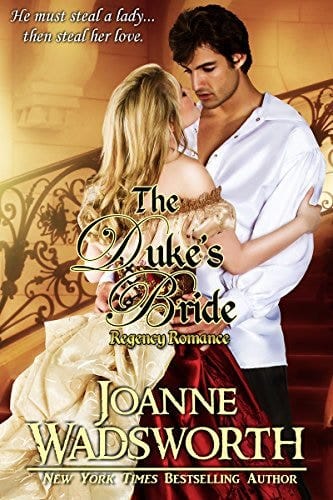
There are thousands of books in this specific subgenre and they take up shelves upon shelves of space at the library. What's more, they actually circulate. Oh sure, we have Cowboy romance, Scotsman romance (ooh so exotic), paranormal romance. But the duke books actually have staying power. People love the duke books. It has so much staying power that it has escaped the pulp novel publishing houses and become books like Duke, Actually by Jenny Holiday.
I chose this cover as our example because the man looks like Nathan Fielder. You can't unsee it now.
In some duke books, the protagonist is a commoner who somehow meets a duke and they fall in love, and she is whisked away to his manor to integrate into High Society. In others, it's a period piece, and the protagonist was already a high lady herself, and so the duke might be wealthier but she is already a woman of status.
These books often have this huge emphasis on expensive textures. The suppleness of skin blends with the fine silk bedsheets, the soft rose petals, the way the expensive clothing feels when embraced, the scent of fine cologne. It is not just a sexy romance but a luxurious romance. The sensory experience of physical intimacy and the sensory experience of luxury are intertwined.
There is also the matter of status. The aristocracy is not important due to some ambiguous role in society or some sort of success or skill. They simply hold titles that make them inherently powerful and important. The duke "inherits and manages his father's estate" which mostly involves telling servants what to do and attending fancy balls and parties due to social obligation. Housework is below the status of a duke's wife. Her "job" is to "make appearances" and to look beautiful. Especially in America, I don't think any reader has any clue what exactly people in the British aristocracy actually do. I mean I don't think in real life they even do that much, but this information void means that they the fantasy completely occludes labor. Everything is simply luxurious and we do not think about why it is like this or how it is maintained. A CEO billionaire fantasy like in Fifty Shades of Grey is rickety and requires actually running a successful business that could always collapse if mismanaged. But the British aristocracy have no such component to their wealth. They're rich because they have always been rich and always will be rich. No thought needs to be given to any type of labor of any kind by anyone involved in the romance, past abstract social things like "pleasing one's mother in order to be included in the will" and "birthing an heir."
Duke books are usually written by American authors but involve a fantasy version of Britain. While there is plenty of jingoism in American culture, there is still a prevailing sense that a British accent makes you sound smart, and that the British are in some ways better. There is obsession with the royal family, despite being a British colony that is no longer among their royal subjects. This fantasy comes with an escape from everything wrong with America, to this older society that is somehow better, or smarter, or more sophisticated.
Case Study Two: BWWM Romance
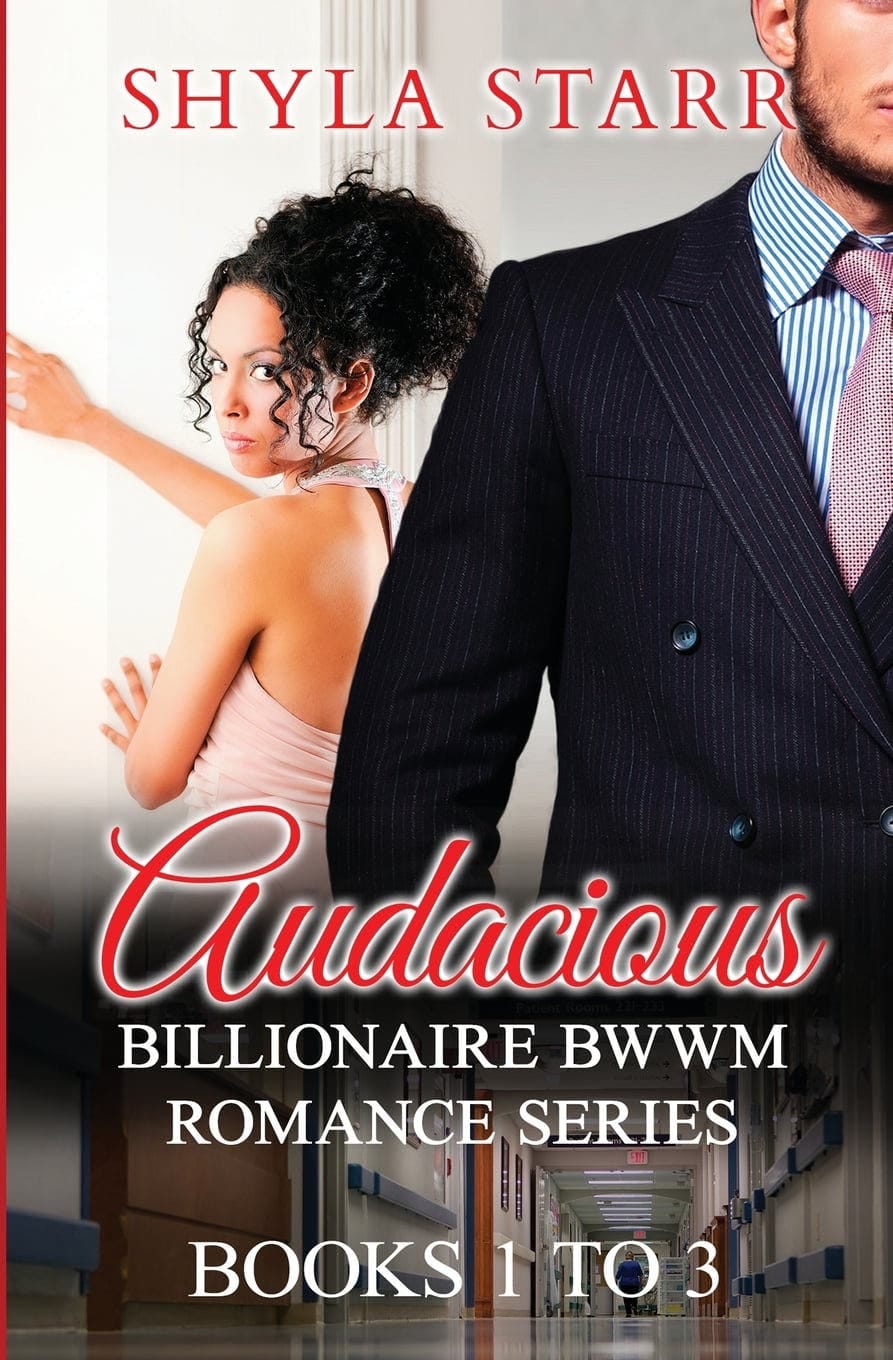
"BWWM Romance" is definitely a genre that is not intended for me, as a white woman. They often get shelved in "urban fiction" rather than "romance"[3] even though "romance" is in the name of the subgenre. BWWM, in case you haven't figured it out, stands for "Black Woman White Man." It is a genre of romance focused on Black female protagonists falling in love with white men. Reading the blurbs for these books, one gets the impression that our systematically racist society creating circumstances where white men are more likely to be wealthy than Black women has created an idea in the collective unconscious that, compared to Black women, some random white guy might as well be a duke.
In fact, a lot of these books follow a very similar format. In the book pictured above, our heroine is a CNA at a hospital who falls in love with a patient who is an heir to a billion dollar fortune. Often, these books involve being whisked away to wealthy white suburbs where our heroine must navigate Thanksgiving dinners at McMansions and attempt to please wealthy white families. Becoming the wife of this white guy whisks her away from her laborious, exhausting, inner-city underpaid life. She gets the white picket fence, the big house, the carpeted staircase, the garden, the works. Duke Romance books usually focus on a fantasy of being freed from having to do housework, because you have servants to do that. BWWM romance instead is about being free from having to have a job which is similar but quite different. It's a fantasy of getting to, somehow, become white and move up in the American caste system. It's noteworthy to me that on the covers of BWWM books, it's usually a light-skinned Black woman featured, and not a dark-skinned woman.
One very significant difference however is that BWWM books tend to involve a lot more struggle. Our heroine usually faces racism from the love interests family, usually has to deal with some sort of poverty-related trauma from her own family or neighbors, and usually the romance is a much bigger struggle to keep. In the Audacious trilogy pictured above, our heroine actually breaks up with the billionaire white man and nearly marries a doctor at her hospital instead, with so much turbulence it takes three books until she ends up with him.
I think that this inclusion of struggle in the subgenre in a way creates this impression that not only does she get to enjoy the luxury that comes with her husband's caste status, but also that she someone earned it. She isn't just lucky, she actually deserves what she gets in the end. This says so much, I think, about American culture. She can't just be lifted out of her horribly oppressed status as being among the most marginalized in society, but she somehow has to deserve it more than everyone else, or else she can't enjoy it, because she would feel guilt about those she left behind, or because there is this myth that America's caste system is somehow a meritocracy. In this fantasy, you actually get to success in the meritocracy.
Case Study Three: Talia Hibbert's Brown Sisters Trilogy
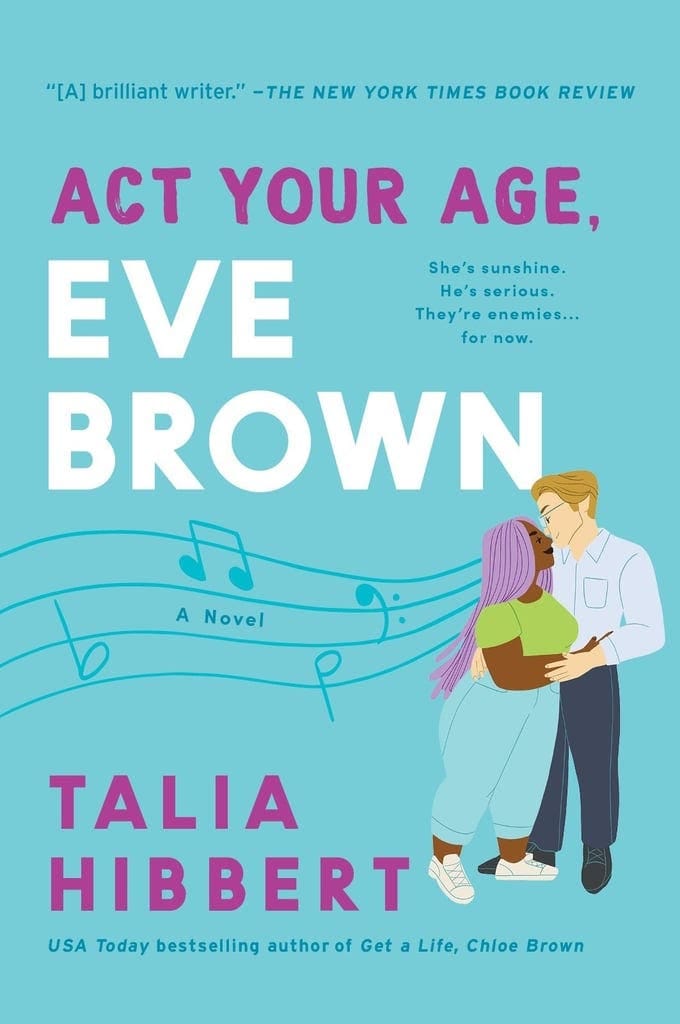
I love Talia Hibbert. Her writing is fun, it's funny, and she writes about Disabled and neurodivergent Black women getting to have amazing fulfilling romance which is very genuinely convincing with lovable characters. I can't really express how meaningful it was to me to read "A Girl Like Her" and "Act Your Age, Eve Brown" where Autistic women deserve love and are depicted as genuinely lovable not in spite of but including their Autistic traits. And "Get a Life, Chloe Brown" depicting a woman with chronic illness and fatigue still having a fulfilling exciting life and romance that is understood and accommodated by her boyfriend was also delightful.
It might be argued that Talia Hibbert writes BWWM, as many of her books are interracial romances. However, I don't really think her books fit in that genre. For one, she doesn't only write romance novels about white male love interests, and these men usually are not any higher in status than our protagonists. A part of the fantasy of these books also usually include that our protagonists basically never experience any sort of racist microaggressions or marginalization. Unlike BWWM novels, this is not a fantasy of defeating and escaping racism, but just not really having to think about it and it not really affecting your life significantly. In Hibbert's world, Black disabled women just get to fucking live.
Wealth does factor into Hibbert's books though. In her most popular books, the Brown Sisters trilogy, our protagonists come from the fabulously wealthy Brown family. There is a bit of an elaborate back story explaining why their family has so much money but it never actually factors into the plot of the books. What the family wealth does for Chloe, Dani, and Eve Brown is that they are able to do whatever they want in their careers with no consideration for if it is financially viable. Chloe and Dani both have successful careers doing what they love, and were given all the financial support they needed to do it. They have trust funds that allow them to not overwork themselves. Eve Brown's AuDHD drives her to never quite settle on any one career path, and she often fails at what she tries to do and gets distracted and gives up. Still, she is able to live in her parents' manor until they eventually threaten to cut her off if she doesn't get her act together. In the end, she falls in love and successfully helps run a cozy bed and breakfast.
In Hibbert's books, what wealth brings to the romance and eroticism is not that our protagonists don't work but that they do not do alienated labor. Their work is not something that is life or death or decides their standard of living. Rather, it is something that brings fulfillment and meaning to their lives. They get to do what they love, and in the process love people who love them for their passion and dedication for what they love to do. They end their days not exhausted but satisfied in a hard day's work.
Talia Hibbert is British, so we don't see this meritocracy fantasy here so much. Instead, these books almost seem to tell the reader that they deserve to feel good just because they deserve to feel good. You deserve love, even though you live in a society that paints you negatively, and as undeserving. I love these books because their fantasy seems to say something about real life. The contrast says something. You deserve to live a life where you do things you find satisfying, don't struggle with money, don't face racist and ableist oppression, and you even get to fall in love.
Case Study Four: Emily Henry
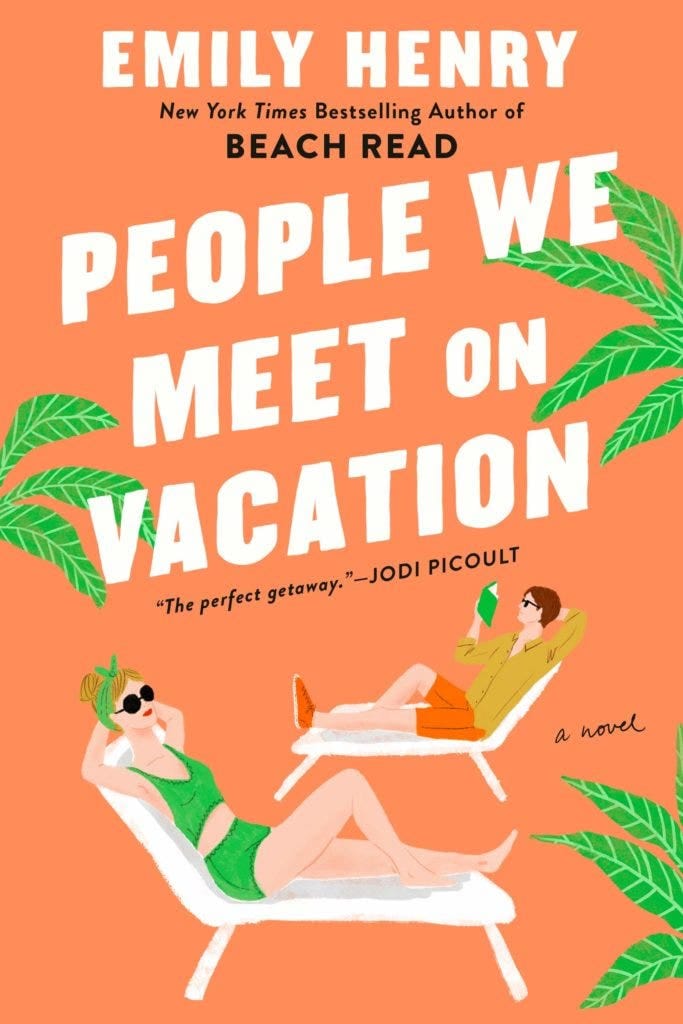
Emily Henry is a recent author who got popular through BookTok. I recently read her book Book Lovers and I fucking inhaled that book. That book made me cry like, five times? ten times? Emily Henry often describes her books not as romance novels but as "Women's Fiction." They're romance novels, but they try to have deeply complex characters who work through some sort of internal struggle as part of their romance. Our heroine in Book Lovers struggles with the trauma of growing up in poverty and having been parentified at a young age and feeling responsible for her sister even now as adults, as well as her self-image as she fears that everyone sees her as a "shark" and an "ice queen" who can never be loved. In "Beach Read," our protagonist has recently inherited a lake house that she learns is where her dead father had had a second home with a mistress he had an ongoing affair with while our protagonist's mother struggled with cancer.
Every single one of Emily Henry's romance novels takes place during a vacation. Not just any vacation either, these are long fucking vacations. One week minimum, often as much as a month. Can you fucking imagine getting to go on vacation for a month?! In Beach Read our protagonist is "broke" but she just inherited a fucking gorgeous lake house that she is going to live in for three months while she writes a novel. She is a full-time novelist, very uncommon in real life, and she oh so tragically is living on a beach, for free, for three months. She could actually do it for longer, she just wants to sell the house for the money because it reminds her that her dad had an affair.
In Book Lovers, wealth is still a huge factor in the fantasy. Our heroine is very wealthy and so is our love interest. It is noted on numerous occasions that she can assess the exact dollar amount of the clothing someone is wearing, and many times when she sees the love interest, she notes that his outfit costs him $600 and one time even $1000, just for a simple lunch meeting on a normal work day. This is very much how the actual upper-middle class to upper class live in Manhattan. Subtle wealth. They work, and they're successful, but their understated black turtleneck cost $200 and they oh so casually take a month long vacation as if it's nothing.
One thing that is a strong factor in the book is that Charlie lives in a rent-stabilized two-bedroom apartment in Manhattan. Not only is he an incredibly successful editor who wears someone's monthly income on a daily basis, but he also lives in an apartment that many in NYC would die for. This is a very modern very American take on the duke romance. It feels more realistic as a fantasy, which makes it feel more believable, even though it is still very much a fantasy.
And like the BWWM books, the protagonists in Emily Henry books are never from fabulously rich families or marrying into wealth. They've all "earned" their wealth through hard work and success. They do work, usually doing something that has to do with books, which most readers probably would enjoy, and their jobs pay them enough to take month-long vacations without anxiety. In this fantasy, you get to enjoy being rich, you don't get to feel guilty about it or think about your privilege, and you also get to fall in love. The love, too, is "earned" by way of having struggled through your personal psychological issues. Falling in love isn't just finding a boyfriend, but also finding self-love and winning at therapy.
I have not taken a fucking normal-ass vacation in a very long time. Mentally getting away from the city for a bit, but not permanently? Yeah it's a real appealing and believable fantasy.
Case Study Five: Opportunity, A Sugar Story
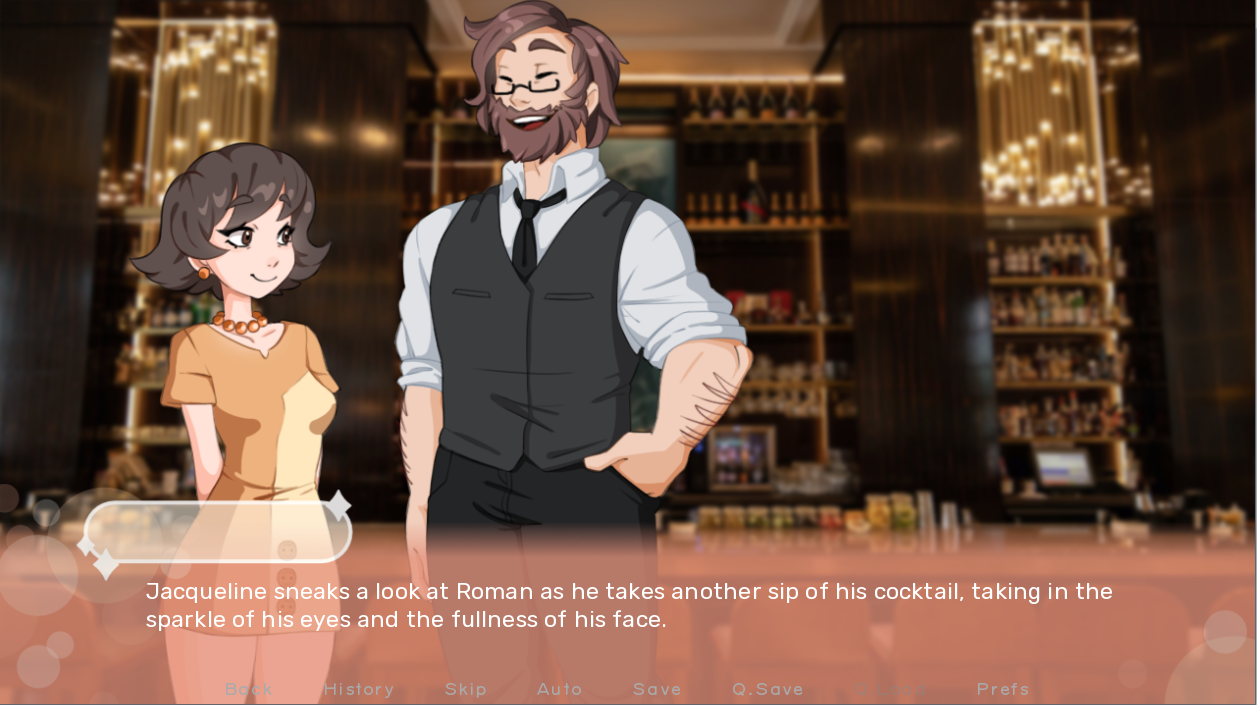
Our final case study stands out in that it is a pornographic visual novel written by a straight male author. (My pal Bigg). Opportunity is about sex work, but like, as a fantasy. It's actually kind of genius, and money is a huge part of the eroticism and the fantasy.
The first part of the story takes a very long time getting you in the headspace of our heroine, who at the beginning is a single working mom struggling to keep up with parenting and working dead-end jobs that do not pay enough. Every day is an exhausting struggle. She passes out. She doesn't have time for a social life or sex, let alone romance. It doesn't rush through this. You really feel her exhaustion.
However, everything changes when she meets an old friend who has come back to town and is now fabulously wealthy. He cares about her deeply, but does not want to be a parent or to really be in a relationship. He offers instead to just be her sugar daddy, and to pay her exorbitant amounts of money to go on dates with him and have sex with him. He pays her so much that she can quit her job, hire a baby-sitter, and have a much more relaxed life where she has time to be a mom, time for herself, time for a social life, and also gets to be treated to expensive things like nice dinners, nice clothes, and sex with a hot guy who cares about her in a fancy high-rise apartment. As the story goes on, she explores other types of sex work, such as adult film, and discovers that she can make a very healthy living and maintain an excellent work-life balance through spending her time having extremely hot sex and doing things that are, to the reader, very enjoyable and pleasurable. Having orgasms is her job.
And, dear reader, it is so hot. The build-up to that first sex scene at the end of Chapter 1 makes it so satisfying. The climax is not just the orgasmic sense of relief from the arousal, but from the exhaustion of being a single parent and struggling to make ends meet. The afterglow is not simply post-orgasm, but post-proletarian. It is orgasm + collapsing on your bed after a long day, and finally feeling well rested for the first time in years.
The sense of freedom throughout the rest of the game gives everything this energy that reminds one of a new romance, but not with any individual love interest, but with this freeing new lifestyle that our heroine is living. We all know that real life sex work is much more like work than this. In the same way we know that writing books does not bring most people a comfortable living, that one cannot earn yourself out of your birth-assigned socioeconomic class, that we live in a world of systemic marginalization, and that one cannot just take a vacation from their life and accomplish years worth of therapy and fall in love during that short span of time. But when you're reading this visual novel, you get to live in a fantasy where you make a living through incredible sex and it pays enough for few enough hours of work that you can life your ideal life.
The author is Canadian, so, idk, it's a blend of American and British culture (which are related and similar anyway). There isn't really any element of meritocracy to this story. If our heroine earns anything, it's simply by way of the fact that people in her life care about her and find her charming. A major theme of the game is that there is no shame in your desires. There is no shame in this profession, or in finding this profession fulfilling and useful. She gets to explore her sexuality and love different bodies without any stigma. I think that is something which is uncommon in both American and British culture.
In Conclusion
Wealth fantasies in romance novels are not actually a separate fantasy that adds to an escapism, but something that adds to the eroticism. The relief the reader feels from not having to deal with the struggles they usually face under white supremacist patriarchal capitalism compounds with the relief of orgasm. Working women get so pent up with stress and exhaustion that to get relief from that stress becomes itself an erotic experience with similar levels of build-up and payoff as sexual release.
Were these books to not include any factor of wealth fantasy, then the characters would have to think about the constant alienated struggle of labor under capitalism, and this takes the reader out of the fantasy. They can't get sucked in, can't get off, because they find themselves thinking about everything they have to do. They have to clean the house, pick up the kids from soccer practice, then take their night shift at the hospital. Money can pay off these problems, and allows the reader not to think about anything but the fantasy of the book.
More contemporary romance novels try to make the fantasies more realistic, by adding remote work to the vacation, by making the wealth less extravagant, and by making the wealth "earned" or "deserved" which allows the reader to not think about the sociopolitical implications of being a wealthy person in a wealth-stratified society. By the money coming from being successful, or struggling through some sort of personal or social issue, then you don't have to think about things like privilege, caste, oppression, exploitation of the third world, or socioeconomics. In this fantasy, the meritocracy is real, and you deserve to feel good.
Many of the subcultures in American and British society struggle with the protestant work ethic. This sense of needing to have worked hard enough to deserve to take twenty minutes to yourself to rest and read a book. So these books incorporate that into the story. Whether by making the protagonists hard workers, or by telling the reader that they don't need to work hard to deserve rest.
Money and romance are always tied together in heterosexual culture, when historically money and marriage were always tied together. Love was how you became someone's housewife and achieved your socioeconomic status. Marrying a duke is the highest form of this, but there are other fantasies along these lines as well. As we've entered the era of the two-income household, now simply the escape from having to be a worker becomes a fantasy even without marrying a man of status.
I'm thinking about what the implications of this should be for my own novel. While I am using tropes of the romance novel, my primary concern is not actually with making it into an erotic fantasy, but with exploring the faults of the protagonist. She is thrust into a romance novel storyline, but what she needs to work through is simply believing that people actually like her. The book is unfinished, but I'll be thinking about this a lot. While it is a straight romance novel, it's about a transgender protagonist and deeply steeped in queer culture and queer community. How does this change the fantasy? One major component in my novel is that every queer and trans person seems to give each other a baseline inherent love and support, even upon first meeting. Is this a fantasy among our people? Community without constant conflict and discourse? Community which accepts without judgment on who is the most noble kind of faggot? When community is such a huge part of our own financial stability, as we pass the same $54 around and around in a circle, and couch-surfing is such a common experience, have we instead replaced our fantasies of wealth with fantasies of an idealized community? I'll see where the book takes me. For now, my protagonist will continue to earn $44,300/year as an office assistant for a public school, and her love interest will still live in a studio. They deserve love too.
- With a significant break due to my concussion, but it's still probably the furthest I've gotten in one of my novels since my "successful" teenage NaNoWriMo book about teens discovering a secret underwater high-speed train connecting Harvard University to Oxford. ↩︎
- Funnily enough, I had considered the life I'd painted for my protagonist to be of an unrealistic fantasy: She's a trans woman working as an office assistant for a public school with benefits, living alone in a one-bedroom apartment, financially stable without debt, with a strong healthy support network. Among people I know, this is very uncommon and would make you among the luckiest in the community. A financially stable trans woman who doesn't have to work in tech or take on extraordinary debt to get there. ↩︎
- Honestly, I found books shelved in "urban fiction" didn't circulate due to the stigma of the label. I ended up abolishing that pocket collection and reshelving books by whether they are romance, mystery, or general fiction. It only took until 2023 to racially integrate the romance section, sheesh. ↩︎
